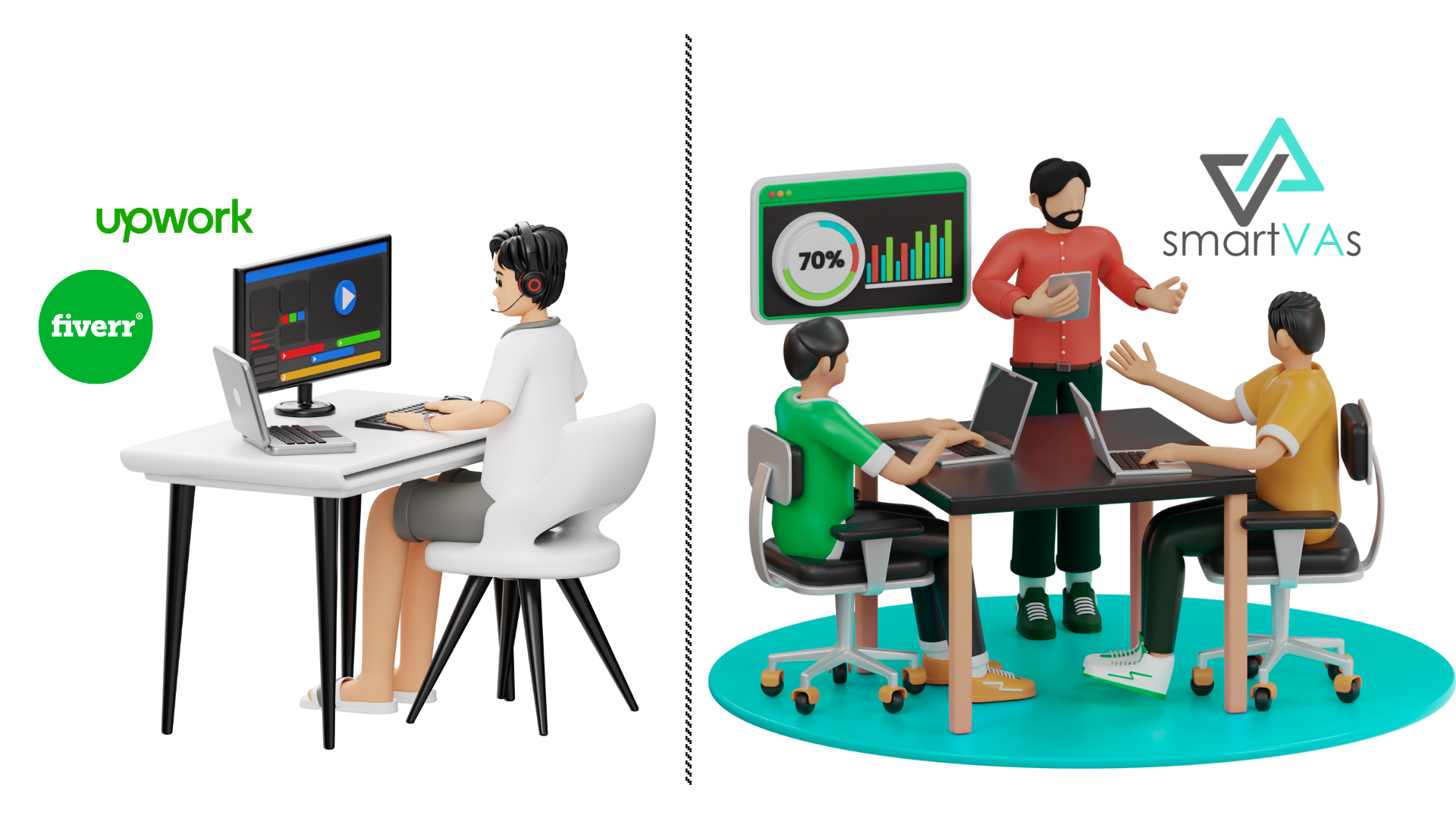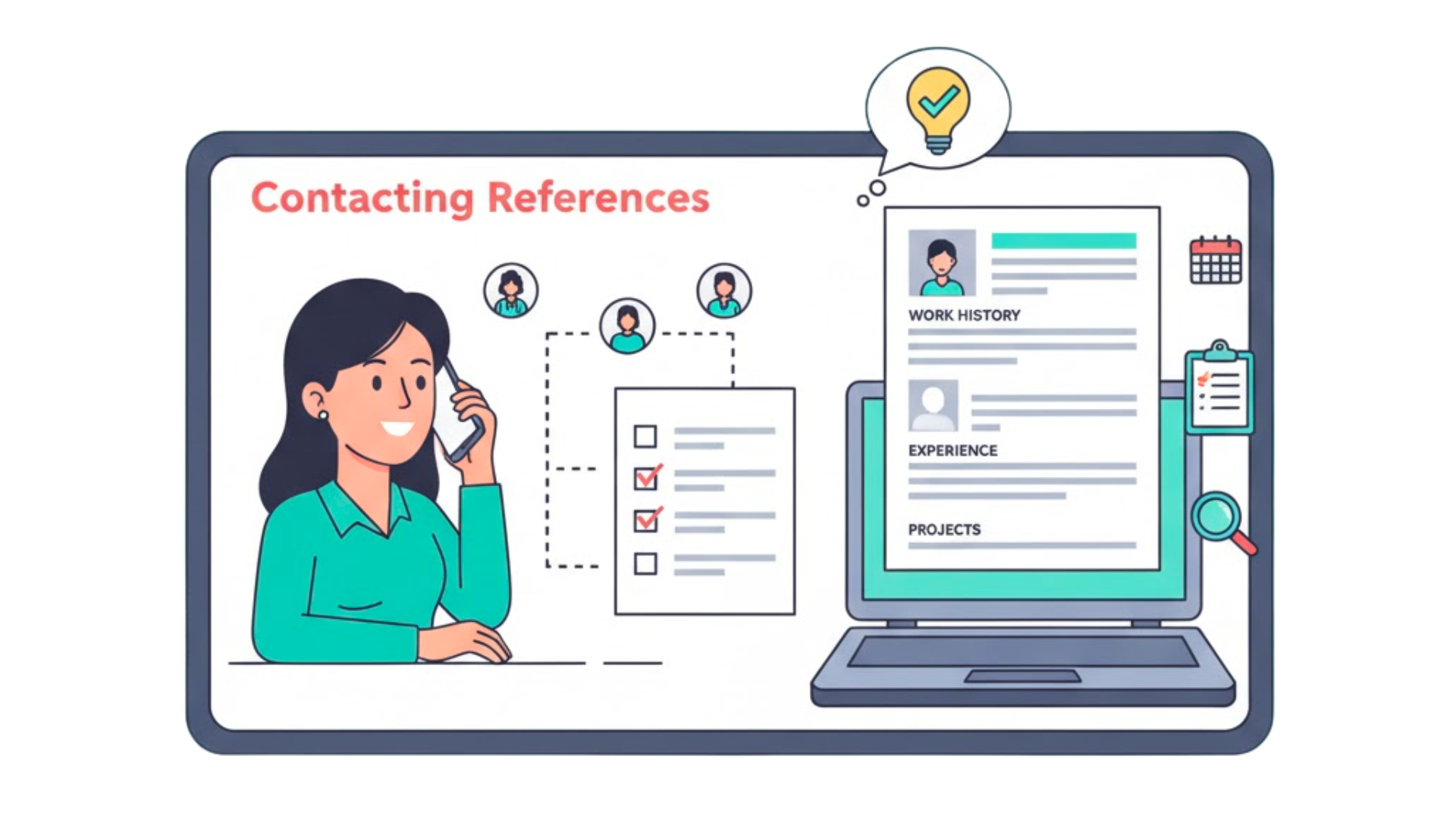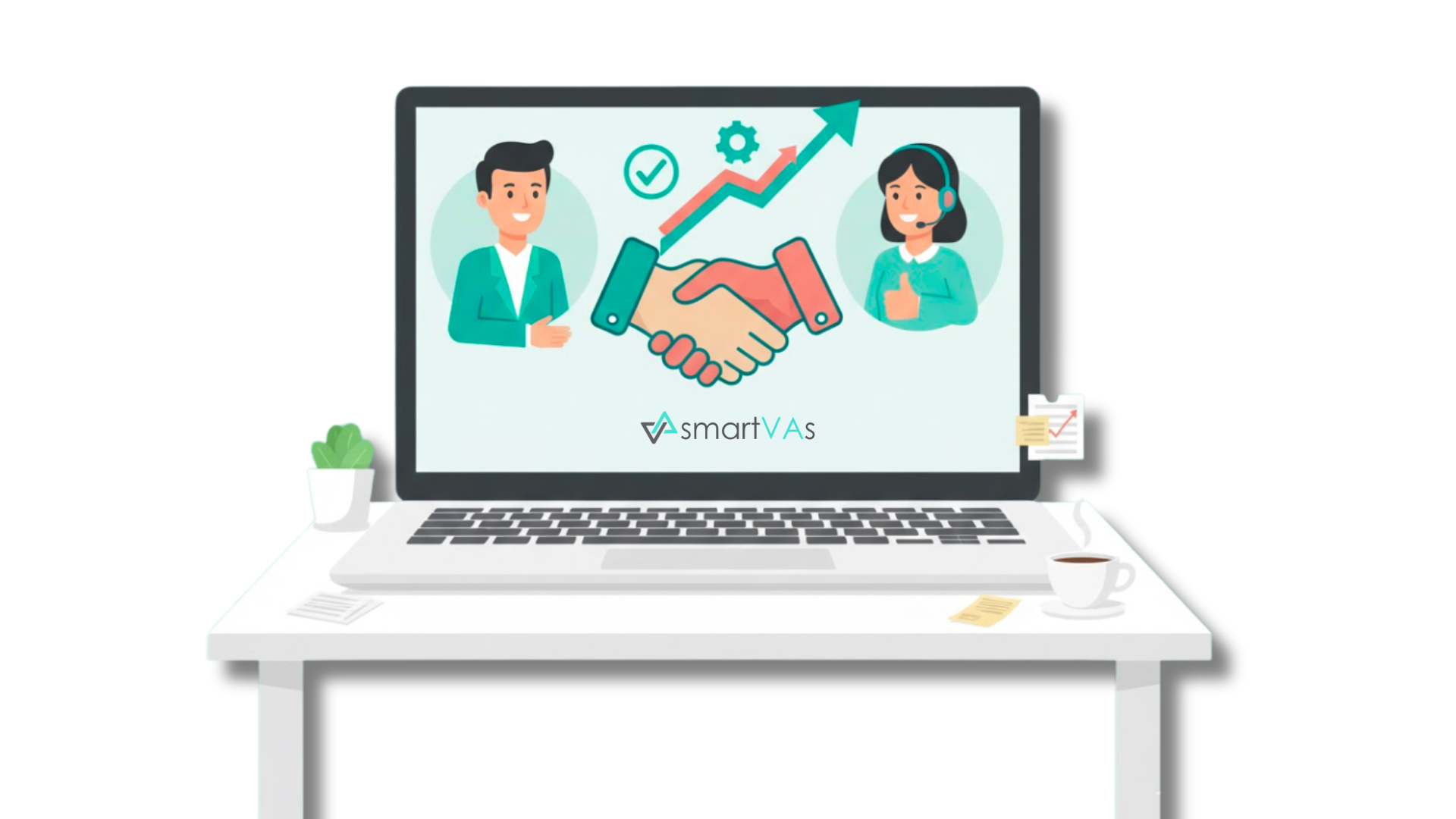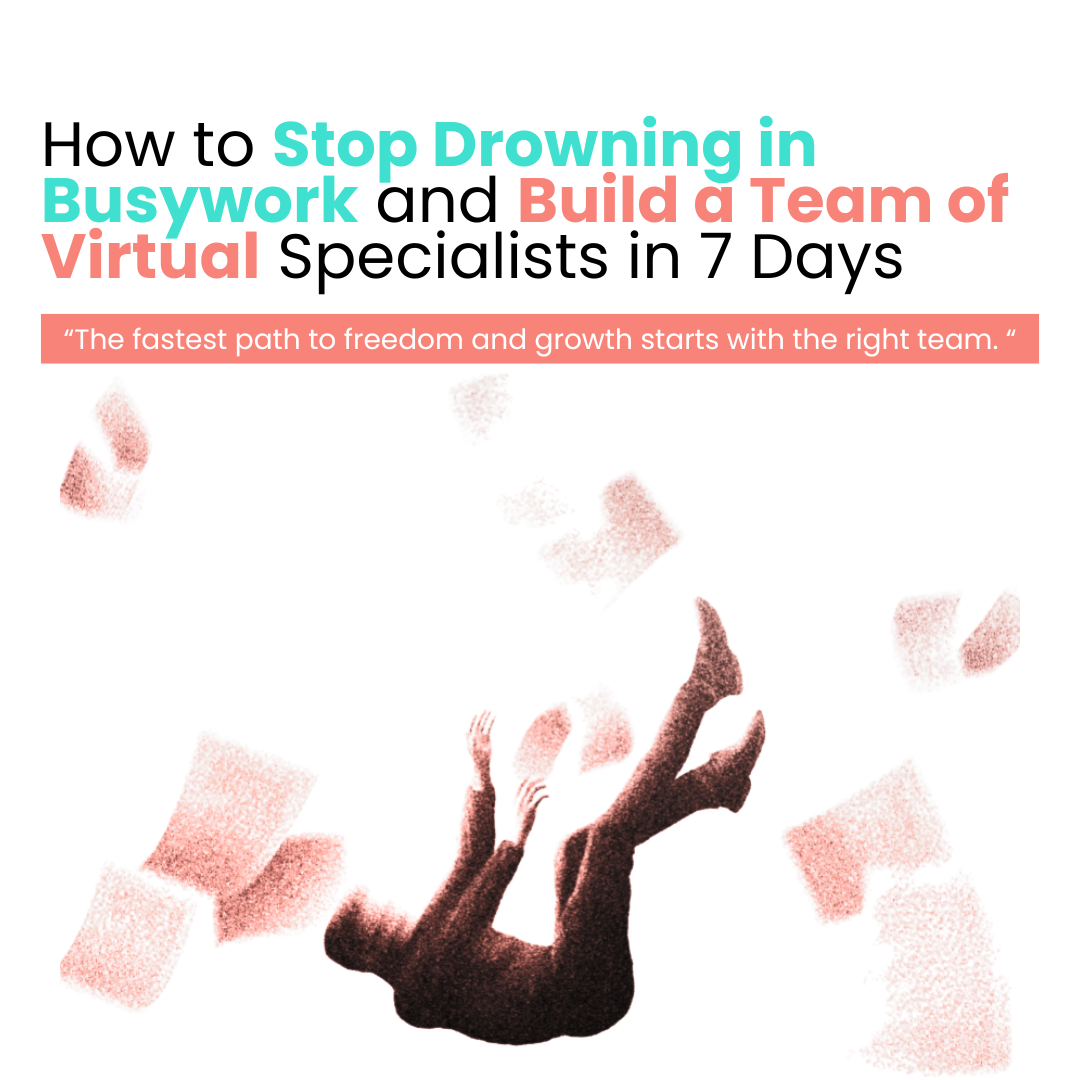How to Outsource a Real Estate Virtual Assistant Effectively
The real estate industry is known for its fast-paced and ever-evolving nature. Between managing listings, coordinating open houses, handling paperwork, and responding to client inquiries, many agents find themselves stretched too thin. This is where outsourcing becomes a game-changer. Learning how to outsource a Real Estate Virtual Assistant effectively can help you reclaim your time and focus on what truly drives revenue—closing deals and nurturing client relationships.
A Real Estate Virtual Assistant (VA) is a professional who works remotely to support real estate businesses with administrative, marketing, and operational tasks. These assistants are skilled in tools and processes specific to the real estate world, from managing property databases to scheduling viewings and updating MLS listings. Outsourcing these responsibilities doesn’t just save time; it also improves productivity, reduces overhead costs, and allows real estate professionals to scale more efficiently.
Outsourcing is no longer reserved for large agencies, it’s a practical solution even for solo agents and small brokerage firms. If you’re ready to outsource a Real Estate VA but don’t know where to begin, this step-by-step guide will help you do it right, ensuring your partnership is smooth, productive, and beneficial to both sides.
Related Article: Real Estate Virtual Assistant: Why You Should Hire Them?
STOP MANAGING TASKS. START LEADING.
SMART Delegation helps you reclaim your role as CEO while building a stronger team.
12 Steps on How to Outsource a Real Estate Virtual Assistant
1. Identify Your Needs
Start by defining the areas where you need help the most. Are you struggling with administrative tasks, social media management, or lead nurturing? A clear understanding of your pain points helps determine the exact type of Real Estate VA you should hire. Some VAs specialize in marketing, while others focus on transaction coordination or data entry. The clearer your needs, the better your chances of finding the right fit.
2. Set a Clear Budget
Before hiring, determine how much you can allocate for outsourcing. Rates can vary depending on skill level, experience, and location. Remember, a qualified Real Estate Virtual Assistant can significantly increase your productivity, which often translates into higher income. Instead of viewing this as an expense, treat it as an investment in your business growth.
3. Choose the Right Outsourcing Platform or Agency
You can find VAs on freelance platforms like Upwork, Fiverr, or OnlineJobs.ph. However, if you want someone with proven real estate experience, consider partnering with a trusted outsourcing agency like SmartVA. Agencies handle vetting, training, and management, ensuring you get a professional who understands industry-specific tools and workflows.
Related Article: Smart Virtual Assistant
4. Write a Detailed Job Description
A well-written job description attracts the right candidates. Be specific about daily tasks, tools they should know (such as CRM or listing software), work hours, communication preferences, and reporting expectations. Clarity upfront prevents misunderstandings later on and ensures that your VA knows exactly what success looks like in their role.
5. Screen and Interview Candidates
Take your time when interviewing. Ask about their previous real estate experience, familiarity with lead generation platforms, and ability to manage multiple clients. Observe how they communicate, clear communication is critical when working remotely. You can also request a short video introduction to get a better sense of their professionalism and confidence.
6. Request Sample Work or Trial Tasks
Before committing to a long-term contract, assign a small, paid trial task. It could be something simple like organizing a spreadsheet or creating a property listing post. This test helps you assess their attention to detail, responsiveness, and understanding of your workflow. It also gives you insight into whether they can follow instructions independently.
7. Check References and Work History
Always verify their previous work experiences. Ask for testimonials or contact former clients if possible. This step helps confirm reliability and work ethic. Real estate involves sensitive client data, so hiring someone trustworthy and responsible is essential.
8. Establish Clear Communication Channels
Communication is the backbone of any successful outsourcing relationship. Set up channels like Slack, Zoom, or Asana for daily check-ins and project updates. Schedule weekly meetings to discuss progress, provide feedback, and clarify priorities. Transparency helps build trust and ensures alignment between your goals and their work output.
9. Provide Proper Onboarding and Training
Even if your VA is experienced, it’s still important to introduce them to your specific systems and brand standards. Give them access to your templates, explain your tone of communication, and walk them through your real estate process. A few days of structured onboarding can prevent costly mistakes and help your VA adapt quickly to your business style.
10. Set Measurable Goals and KPIs
To maintain productivity, establish clear performance metrics. This could include the number of leads contacted per week, listings posted, or social media engagement rates. Setting measurable KPIs not only motivates your Real Estate VA but also provides a transparent way to evaluate success over time.
11. Use the Right Technology
Your VA’s efficiency largely depends on the tools you use. Invest in reliable software like CRM platforms (HubSpot, Zoho, or Follow Up Boss), task managers (Trello, ClickUp), and communication tools (Google Workspace, Slack). These technologies streamline collaboration and allow your VA to stay organized while handling multiple responsibilities.
12. Build a Long-Term Partnership
Once you’ve found a VA who fits seamlessly into your workflow, focus on building a long-term relationship. Provide regular feedback, acknowledge good work, and support their professional development. A valued assistant becomes more engaged and committed, often going above and beyond to help your business succeed.
Conclusion
Smart Virtual Assistant
👍🤵
Smart Virtual Assistant 👍🤵
Understanding how to outsource a Real Estate Virtual Assistant effectively can revolutionize your business operations. By hiring a reliable VA, you can delegate repetitive tasks, improve client communication, and focus on generating more leads and sales. The key is to approach outsourcing strategically, define your needs, hire carefully, and establish strong communication and accountability systems.
At SmartVA, we help real estate professionals connect with highly skilled Real Estate Virtual Assistants who are trained to handle everything from administrative support to marketing and content creation. Beyond real estate assistance, we also offer services in web development, graphic design, SEO, administrative tasks, content writing, and video editing. Our goal is simple: to help your business operate efficiently, save time, and achieve sustainable growth.
If you’re ready to outsource a Real Estate VA and take your real estate business to the next level, SmartVA is here to support you every step of the way. Book a call now!
HOW MANY HOURS ARE YOU WASTING?
See how successful CEOs save 40+ hours a month by building a Smart VAs team.
Frequently Asked Questions
-
Some potential risks include hiring a VA with limited real estate knowledge, communication challenges due to time differences, or lack of task clarity. The best way to minimize these risks is to work with a trusted outsourcing company like SmartVA, which pre-screens candidates and ensures consistent quality and professionalism.
-
Real Estate VAs often use tools like CRM software (HubSpot, Salesforce, Follow Up Boss), project management tools (Asana, Trello), social media schedulers (Buffer, Hootsuite), and communication apps like Zoom or Slack. These tools keep projects organized and allow smooth collaboration between agents and VAs.
-
A CRM (Customer Relationship Management) system is designed to store and manage client interactions, helping agents track leads and follow-ups efficiently. An API (Application Programming Interface), on the other hand, allows different systems—like your CRM and marketing tools—to connect and share information automatically. Using both helps streamline data management in your real estate operations.
-
A Real Estate VA can manage administrative work, update property listings, create marketing materials, schedule appointments, handle client communications, and even assist with data entry or CRM management. Some VAs specialize in lead generation, social media content creation, or email marketing—making them a flexible and valuable asset to any real estate business.
-
Start by clearly outlining your needs and desired outcomes. Interview multiple candidates to compare skills and communication styles. Provide a test task to gauge their performance, and always check references or previous client feedback. Most importantly, hire from a reputable provider like SmartVA to ensure you’re getting a professional with verified experience and a strong work ethic.
Ready to Work Smarter, Not Harder?
Smart VAs provides a team of highly skilled specialists from around the world, ensuring seamless support no matter the time zone. We take pride in delivering efficient, fast, and high-quality service so you can focus on growing your business. With one subscription plan, you gain access to a complete team of digital marketing experts that’s customized to your unique needs, eliminating the need to train and look for one yourself!






